In today’s competitive job landscape, finding the best match between candidates and career opportunities is essential for both individuals and organisations. With a sharper focus on recruiting for impact, it is crucial to ensure that candidates not only fit the job role but also have the potential for longevity within the organisation. So, how can you effectively find the perfect candidate for the job while fostering a sense of long-term commitment?
Understanding the Candidate
- Acknowledging the Unique
Every candidate brings a unique set of skills, experiences, and aspirations to the table. Recognising these individual traits is the first step in the recruiting process. By acknowledging the uniqueness of each candidate, recruiters can better match their talents with the needs of the organisation. This personalised approach not only enhances the candidate’s experience but also increases the likelihood of finding the right fit.
- Investment in the Candidate
Understanding a candidate’s career aspirations, values, and cultural fit within the organisation is paramount. This involves delving deeper into their professional journey and identifying what drives them. By doing so, you can ensure that the candidate’s goals align with the organisation’s mission and values. This alignment is critical for fostering job satisfaction and long-term engagement.
- Crafting the Job Description
A well-crafted job description is a crucial tool in attracting the right candidates. It must be clear, concise, and reflective of the role’s responsibilities and the organisation’s culture. The job description should highlight the key competencies required for the position and provide a realistic overview of what the candidate can expect. By setting clear expectations, you can attract candidates who are genuinely interested in and suited for the role.
The Recruitment Process
- Building a Strong Employer Brand
A strong employer brand is instrumental in attracting top talent. This involves showcasing the organisation’s values, culture, and opportunities for growth. An attractive employer brand not only draws candidates in but also sets the tone for what they can expect if they join the organisation. Consistent messaging across all recruitment channels helps reinforce the brand and creates a positive perception among potential candidates.
Related – How to Build the Employer Brand to Attract the Talent You Want
- Leveraging Technology
Technology plays a pivotal role in modern recruitment strategies. Utilising recruitment software and platforms can streamline the hiring process, making it more efficient and effective. From applicant tracking systems (ATS) to artificial intelligence (AI)-driven tools, technology can help manage applications, and improve communication with applicants. Partnering with experienced recruiters will give you access to the latest technology available in the market, giving you a Win-Win situation.
- Conducting Effective Interviews
Interviews are a critical component of the recruitment process. Structured interviews, where each candidate is asked the same set of questions, ensure fairness and consistency. Behavioural questions, which focus on past experiences and actions, can provide valuable insights into a candidate’s suitability for the role. Additionally, incorporating situational questions, which assess how candidates would handle hypothetical scenarios, can help gauge their problem-solving abilities and culture add.
- Assessing Cultural Fit
Cultural fit is a key determinant of a candidate’s success within an organisation. Assessing cultural fit involves evaluating whether a candidate’s values, work style, and personality align with the organisation’s culture. This can be achieved through behavioural and situational interview questions, as well as assessments and informal interactions. A strong cultural fit can lead to higher job satisfaction, better performance, and increased retention rates.
Post-Recruitment Strategies
- Onboarding and Integration
The onboarding process is crucial for setting new hires up for success. A comprehensive onboarding programme should go beyond the basics of paperwork and orientation. It should provide new employees with a clear understanding of their role, the organisation’s expectations, and the resources available to them. Mentorship programmes, team-building activities, and regular check-ins can help new hires integrate smoothly and feel valued from the outset.
- Continuous Development and Growth
Investing in the continuous development of employees is essential for fostering long-term engagement and retention. Offering opportunities for professional growth, such as training programmes, workshops, and career development plans, demonstrates the organisation’s commitment to its employees’ success. Encouraging a culture of learning and development not only enhances individual performance but also contributes to the organisation’s overall growth and innovation.
- Fostering a Positive Work Environment
A positive work environment is characterised by open communication, mutual respect, and a supportive culture. Organisations that prioritise employee well-being and work-life balance tend to have higher levels of job satisfaction and retention. Regular feedback, recognition programmes, and opportunities for collaboration can contribute to a positive and productive work environment. By fostering a culture of trust and inclusion, organisations can create a sense of belonging and loyalty among their employees.
Measuring Impact and Success
Key Performance Indicators (KPIs)
Measuring the success of recruitment efforts requires the identification and tracking of key performance indicators (KPIs). These may include metrics such as time-to-hire, quality of hire, and employee retention rates. By regularly analysing these metrics, organisations can identify areas for improvement and make data-driven decisions to enhance their recruitment strategies.
Employee Feedback and Engagement
Regular feedback from employees provides valuable insights into the effectiveness of recruitment and onboarding processes. Employee engagement surveys, exit interviews, and regular check-ins can help identify areas of concern and opportunities for improvement. By actively seeking and addressing feedback, organisations can continuously refine their practices and ensure a positive experience for current and future employees.
Adapting to Change
The job market is constantly evolving, and organisations must be agile in their recruitment strategies. Staying abreast of industry trends, technological advancements, and changing candidate expectations is essential for maintaining a competitive edge. By embracing change and being open to innovation, organisations can attract and retain top talent in an ever-changing landscape.
JobFitts Consultants: A Proven Track Record
JobFitts Consultants have been at the forefront of connecting candidates with meaningful careers for over twenty-one years. Our tailored approach ensures that candidates at all levels find roles that not only match their skills and experiences but also align with their career aspirations and values. This commitment to personalised recruitment has resulted in a remarkable success rate, with 98% of our candidates staying with their employers for over two years and many being promoted internally. Our success lies in our ability to understand the unique qualities of each candidate and to align them with the right opportunities within organisations.
Conclusion
Recruiting for impact involves a holistic approach that considers the unique qualities of each candidate and aligns them with the organisation’s values and goals. By investing in a partnership with an experienced Recruitment Agency employers can access superior candidate experience, latest technology, and many more benefits, enabling employers to foster a positive work environment, organisations can attract, engage, and retain top talent. Measuring the impact of recruitment efforts and continuously adapting to change ensures that organisations remain competitive and successful in the dynamic job market.
Ultimately, connecting candidates with meaningful careers not only benefits the individuals but also drives the organisation’s success and growth. JobFitts Consultants exemplify this approach, consistently delivering outstanding results and helping candidates thrive in their careers.
The integration of culture into every aspect of the recruitment process ensures that both candidates and organisations find the best possible match, fostering an environment where both parties can flourish. By prioritising cultural alignment, JobFitts Consultants have helped create workplaces where employees feel valued, motivated, and engaged, leading to sustained success for all involved.
Ready to transform your recruitment strategy and connect with the best talent?
Partner with JobFitts Consultants to discover how we can help you find candidates who not only fit the role but also thrive within your organisation. Contact us today to learn more about our tailored recruitment solutions and start building a brighter future for your business.
Related: Case Study – VIC Government Agency client
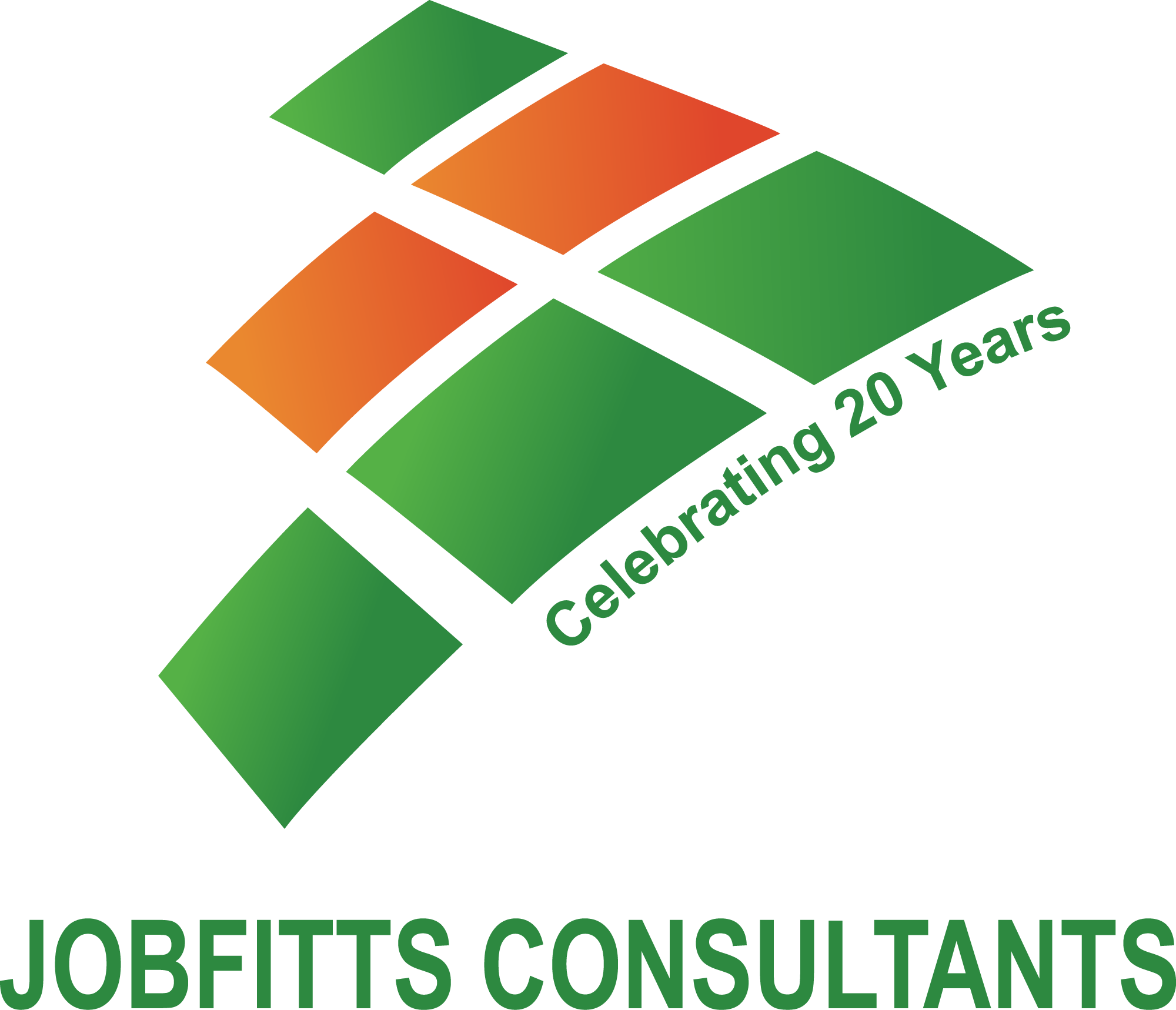




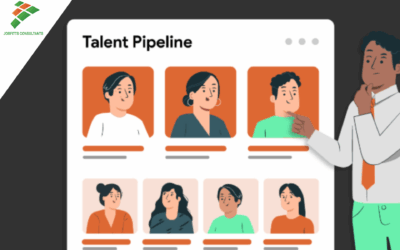

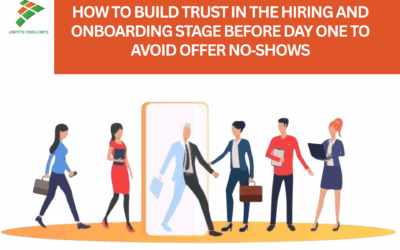
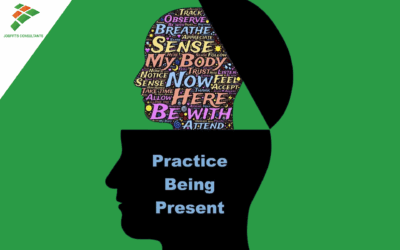
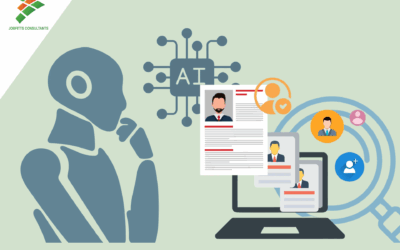
Share This
Share this post with your friends!